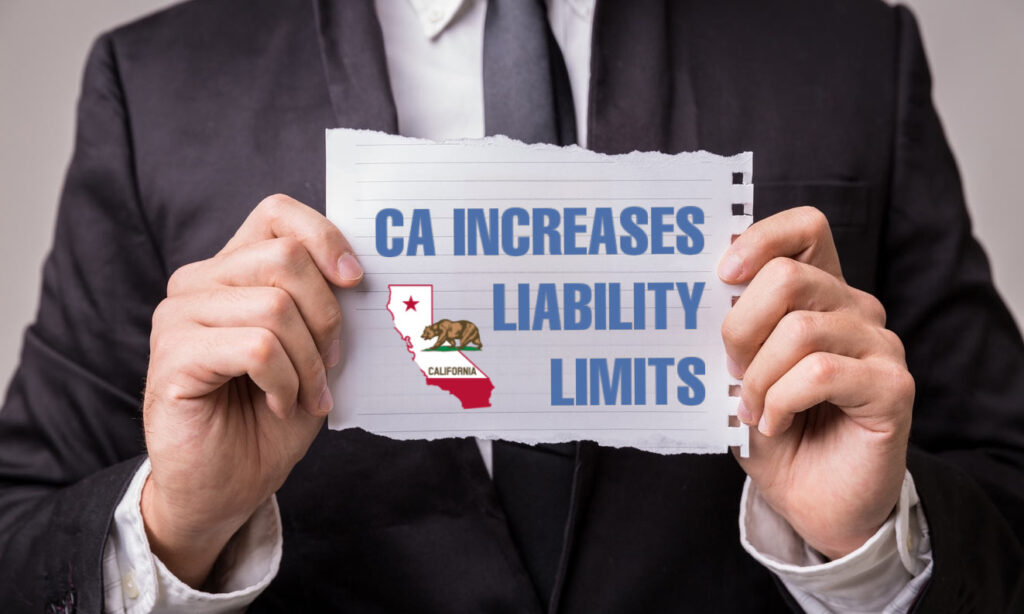In a landmark decision, California has taken a significant step towards ensuring the financial protection of its residents in the unfortunate event of auto accidents. Senate Bill 1107 (SB1107), signed into law in 2025, mandates a substantial increase in auto bodily injury limits to $30,000 per person and $60,000 per accident. This move reflects the state’s commitment to providing adequate coverage for its citizens, addressing the evolving costs associated with medical care, and promoting responsible driving behavior.
The Need for Change
The previous auto insurance limits in California were no longer reflective of the current economic landscape and the rising costs of medical care. The outdated limits often left accident victims facing financial hardships, as the coverage proved insufficient to cover medical expenses, rehabilitation, and other related costs. SB1107 acknowledges the need for change and aligns the state’s auto insurance requirements with the contemporary reality.
Enhanced Financial Protection
With the implementation of SB1107, Californians can expect enhanced financial protection in the aftermath of auto accidents. The increased bodily injury limits mean that insurance policies will be better equipped to cover medical expenses, loss of income, and other damages resulting from bodily injuries sustained in car accidents. This move aims to reduce the financial burden on individuals and families affected by such incidents, promoting a more robust and supportive insurance framework.
Encouraging Responsible Driving
Beyond its immediate impact on coverage, SB1107 sends a clear message about the state’s commitment to promoting responsible driving behavior. By raising the stakes in terms of insurance coverage, the bill encourages motorists to drive cautiously and responsibly, as the potential financial consequences of auto accidents become more significant. This not only safeguards individuals but also contributes to overall road safety by incentivizing prudent driving practices.
Implications for Insurers
The implementation of SB1107 also has significant implications for insurance companies operating in California. Insurers will need to adapt their policies to comply with the new requirements, ensuring that their customers have access to the enhanced coverage mandated by the bill. This may involve adjustments to premium rates and policy structures, and insurers must communicate these changes transparently to their policyholders.
Public Response
The public response to SB1107 has been largely positive, with many residents recognizing the importance of adequate auto insurance coverage. The bill represents a crucial step in addressing the financial vulnerabilities associated with car accidents and aligns with the state’s commitment to prioritizing the well-being of its citizens. However, there may be concerns about potential increases in insurance premiums. It is essential for policymakers and insurers to work collaboratively to strike a balance between affordability and comprehensive coverage.
Conclusion
California’s SB1107 marks a progressive stride towards ensuring that individuals involved in auto accidents receive adequate financial protection. By raising bodily injury limits to $30,000 per person and $60,000 per accident, the state addresses the growing costs of medical care and promotes responsible driving behavior. While insurers adapt to the new requirements, the overall aim is to create a safer and more supportive environment for motorists, reducing the financial strain on accident victims and fostering a culture of responsible driving. As the effects of SB1107 unfold, it stands as a testament to California’s commitment to the well-being of its residents and a model for other states to consider in updating their auto insurance regulations.

